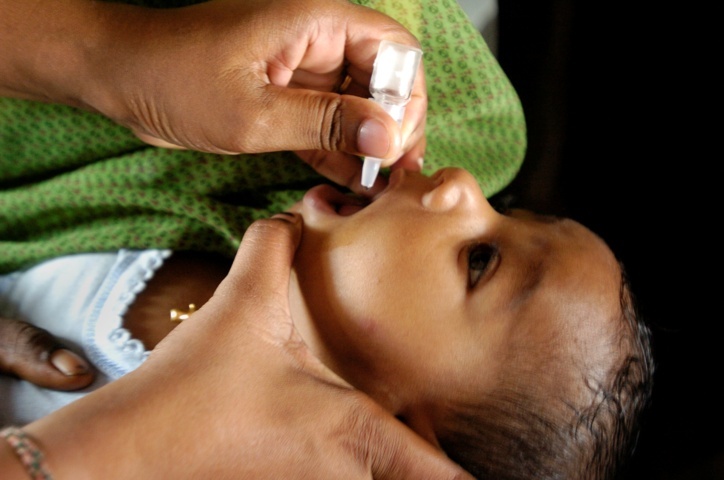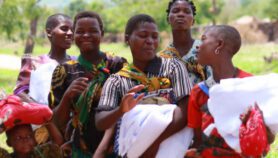By: Alice Hazelton
Send to a friend
The details you provide on this page will not be used to send unsolicited email, and will not be sold to a 3rd party. See privacy policy.
Cuts to global health research budgets and people’s wariness of vaccines could hamper efforts to improve health around the world, two separate reports have warned in the run-up to World Health Day, which is marked today.
One of the reports, published by the Global Health Technologies Coalition (GHTC), reveals that total US government spending on global health research and development (R&D) is now US$185 million — or 11 per cent — lower than it was in 2009.
The GHTC, a group of non-profit organisations that pushes for health research, says global health R&D funding needs to be rising at a time when, they say, several promising vaccines, drugs and diagnostics need to go through final, costly clinical trials.
“Vaccination is one of the best and most important public health interventions that we have at hand.”
Tammam Aloudat, Médecins Sans Frontières
“The US is the largest funder of global health research and development, so we have a big part to play in this area,” says GHTC director Erin Will Morton. The National Institutes of Health, for example, is one of the biggest drivers of research on vaccines for malaria, HIV and Ebola, the report says, so lowered budgets could hinder this work.
“We need to have robust and stable funding for global health across US agencies,” says Morton. “Global health is an important long-term investment and it doesn’t fare well when it’s subjected to political battles in Washington with policymakers who only think in terms of short-term annual funding cycles.”
The launch of the GHTC report on 26 March coincided with a report released by The Vaccine Confidence Project, a research group funded by the World Health Organization, highlighting the danger of opposition to vaccination in many countries. The state of vaccine confidence: 2015 examines views on vaccination in Georgia, India, Nigeria, Pakistan and the United Kingdom over the past decade.
Across all countries, lack of confidence in vaccinations and providers was cited as the main reason for people refusing to be vaccinated.
“Vaccination is one of the best and most important public health interventions that we have at hand,” says Tammam Aloudat, deputy medical director at medical charity Médecins Sans Frontières. “Problems with the perception of vaccines need to be changed. We can’t allow children to die because their parents don’t understand the science behind vaccination.”
Aloudat tells SciDev.Net that continued R&D is crucial to ensure vaccine availability. He also cautions against the alarming rise in vaccination costs. “Fourteen years ago, it used to cost less than US$1 to fully vaccinate a child. It now costs [up to] US$45 and that’s in places where vaccine prices are at their lowest,” he says.
“Vaccination is simple and efficient, but it requires consistency, infrastructure and both financial and political commitment,” says Aloudat. The lack of financial resources for it could have dramatic consequences, he adds.
Both Morton and Aloudat say more funding and better preparation could help avoid future global health crises, such as the Ebola outbreak in West Africa.














